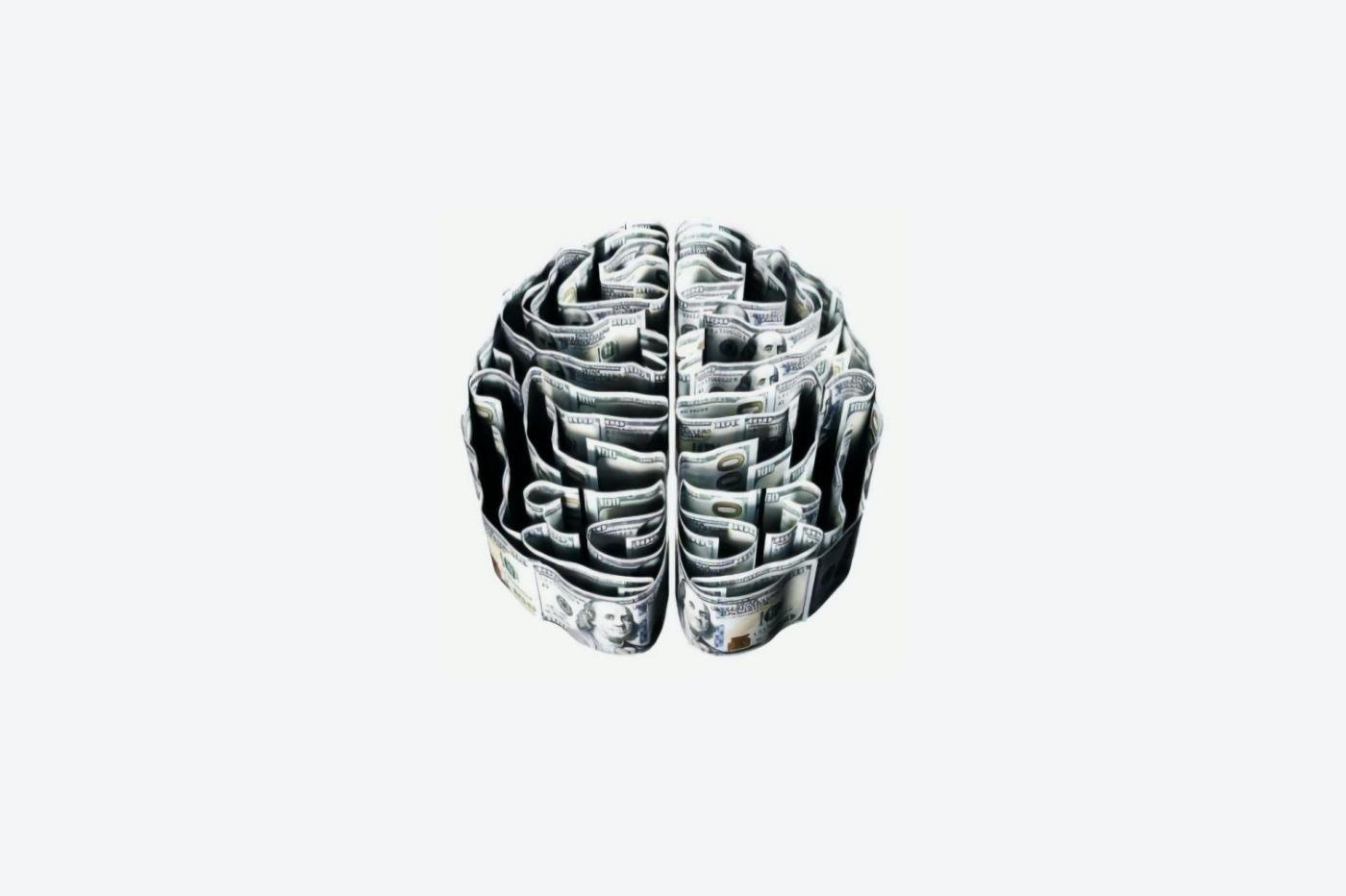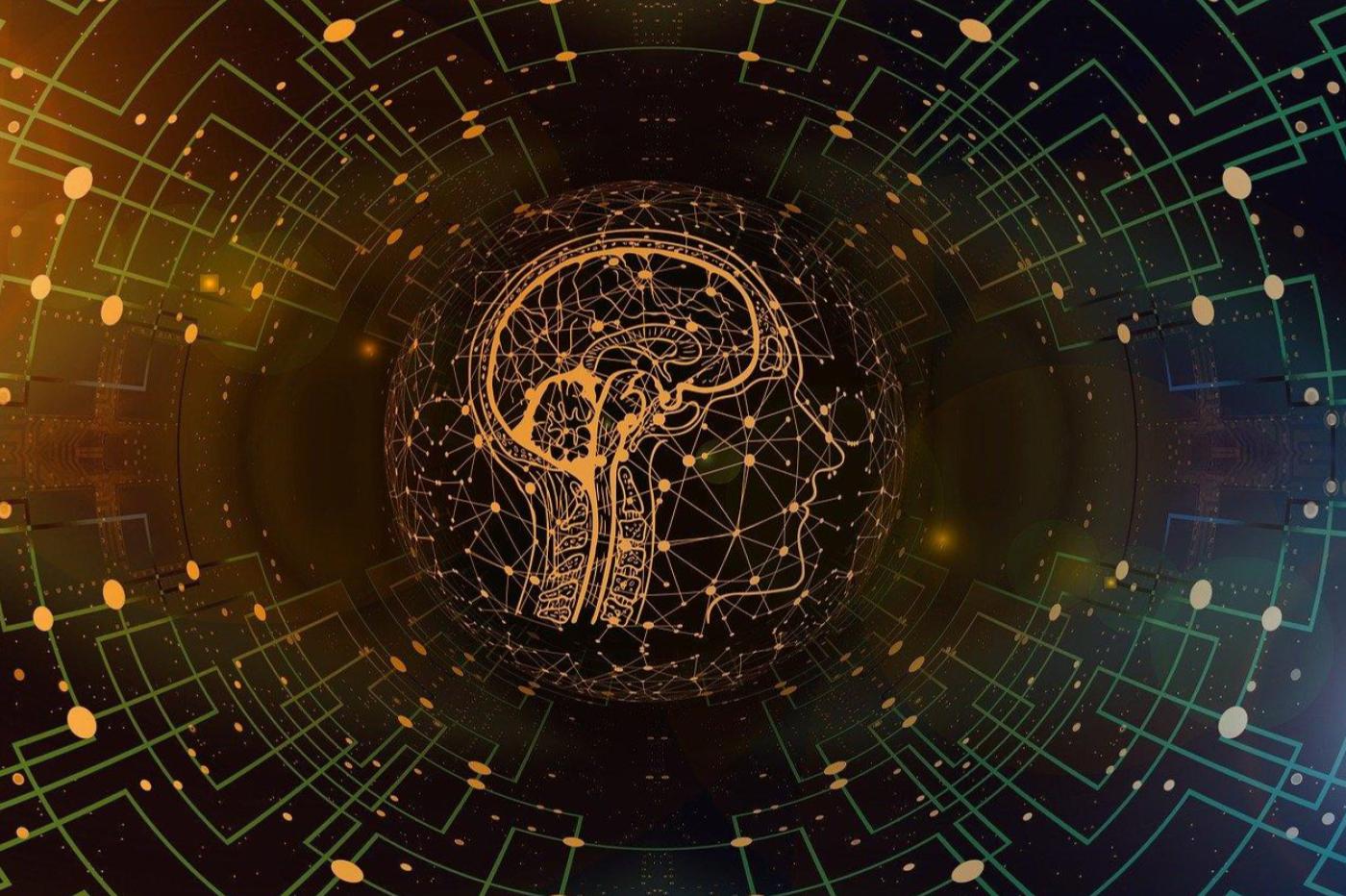
Brain-machine interfaces like Neuralink are fascinating, but care must be taken to negotiate this generational shift with precision.
Elon Musk likes to go (too) fast, it’s no secret. A philosophy that is integral to the success of SpaceX and Tesla. But the billionaire also finances projects that could have even greater consequences for our civilization in the relatively near future, and with which this addiction to speed does not go well together; we think in particular of his firm Neuralink, which will soon launch the clinical trial of its brain-machine interface (or BCI, for brain-computer interface). It aims to make it the first BCI for the general public, freely available on the market. A prospect that excites the scientific community as much as it terrifies it.
In any case, this is what emerges from the interviews of Daily Beast with several scientists. In an article spotted by Futura Sciences, the media provided a forum for researchers who expressed their reservations about this technology. As a reminder, brain-machine interfaces are one of those technologies that seem well on their way to completely transforming our civilization. Observers expect that they will one day cure a whole host of very disabling neurological problems. He hopes that blind people will be able to regain their sight, that paraplegics will recover the use of their limbs, and so on. Eventually, the objective will even be to go into pure and hard transhumanism by increasing human capacities. On paper, for example, it will be possible to search the Internet with the sole force of thought.
Elon Musk’s whims faced with the reality on the ground
Fabulous promises that leave many specialists skeptical. Some believe that the general public focuses too much on the benefits, to the point of forgetting all the potential setbacks. And that starts with the practicality of the matter; indeed, many researchers still consider that this technology is not mature enough. For them, we simply do not yet have the perspective necessary to calmly consider clinical trials as planned by Neuralink.
For example, neuroscientists explain that if we are now very good at placing brain implants, it is very different when it comes to removing them in case of concern. “If something goes wrong, we really don’t have the technology to extract them.”says Laura Cabrera, a neurobiologist at Penn State University. Others simply doubt the suitability of BCIs for this type of therapeutic application. They therefore believe that it is also necessary to moderate the expectations of the public, and to put into perspective the sensationalist hyperboles and crazy promises of which Musk has the secret.

Cognitive freedom, a crucial notion to develop
But the most important part is certainly the ethical aspect of the question. “I don’t think there is enough public debate about the long-term implications of the global availability of such technology,” warns Karola Kreitmair, professor of bioethics and history of medicine at the University of Washington-Wisconsin. And if Neuralink is already very advanced on the technical level, it is clear that this ethical component has relatively fallen by the wayside, victim of the infernal rhythm desired by Musk.
“Our brain is the last bastion of freedom, the last place where we have the right to absolute confidentiality.”, engages Nita Farahany, specialist in emerging technologies at Duke University. However, certain aspects of BCIs open the door to a “exploitation by corporations, governments, and other potentially malicious actors”, she insists.
For her, there is therefore a absolute urgency to educate the general public to this technology to prepare for your arrival before being presented with a fait accompli. This will then make it possible to manage the transition as best as possible. “When you have companies like Neuralink talking about starting clinical trials, that should alert the rest of the world to the need to develop concepts like cognitive freedom”, she insists.
Risks of abuse at all levels
And this is where the central point of this problem lies. Because many observers believe that there is a very real risk to see external actors use the data from our ciboulots for commercial purposes; a hypothesis that is all the more tangible when we know that some of them, including Elon Musk, would have an obvious interest in doing so.
“If the ultimate goal is to use brain data in other systems – for example, to drive Teslas -, there could be an even larger market, well beyond the therapeutic aspectsays L. Syd Johnson, professor of bioethics at SUNY Upstate Medical University. “In this case, all those patients with real needs would be exploited in risky jobs that would benefit someone else.”, he warns.
And this is only the tip of the iceberg. We can thus cite dozens of more or less abstract subjects where BCIs could be the source of major ethical problems, particularly in the case of the end of a company’s life. And it starts with considerations that could not be more concrete. For example, what if the operator goes bankrupt and patients get trapped with a faulty implant? And if so, who inherits data management? Will the patient have a say? And what if such a company were taken over by another country?
There is no doubt that BCIs have immense potential that it would be a shame to sacrifice entirely. But it would also be very unreasonable to disregard these considerations; indeed, it’s the kind of technology that, sooner or later, is likely to change the trajectory of our civilization – for better or for worse. In the meantime, we must therefore fuel the debate to best prepare for this deadline.



